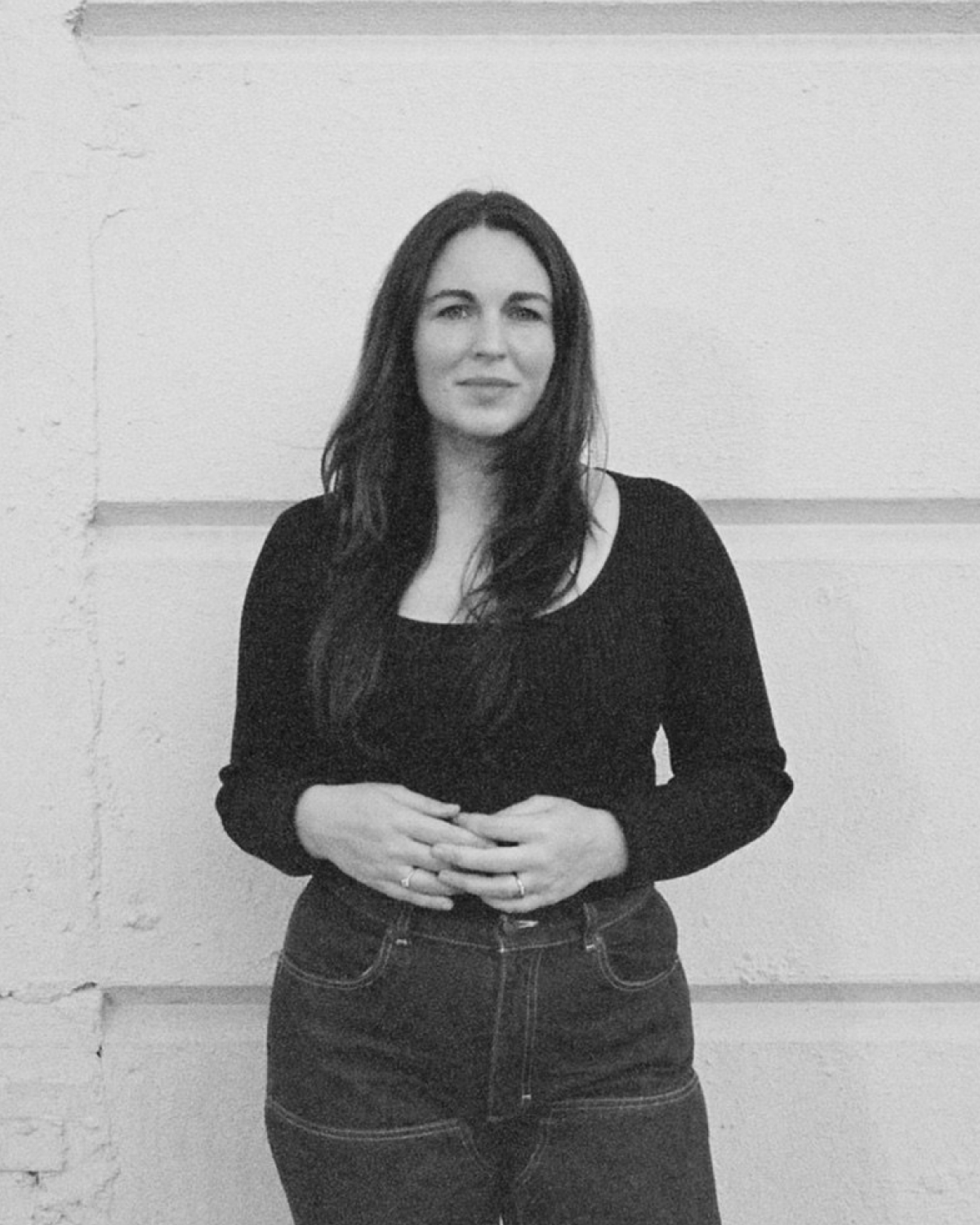
Rachael Bedard, MD served as the senior director of the Geriatrics and Complex Care Service at Correctional Health Services, a division of New York Health+Hospitals that provides healthcare in the New York City jail system. With an interdisciplinary team of medical providers, social workers and reentry staff, Dr. Bedard provided clinical care and health-based legal advocacy to the 200 oldest and sickest patients in the jail system. Dr. Bedard was named one of Fortune Magazine’s “Heroes of the pandemic” and a Crain’s/Empire Whole Health Hero in 2020 for her work advocating for mass decarceration during the first wave of the COVID-19 pandemic. She has also written about her work in the Washington Post and spoken about it widely, including to the New Yorker, to Slate and to the New York Times. Dr. Bedard has also served as a consultant to other correctional systems around compassionate release policies in partnership with the Vera Institute for Justice and has served as an expert consultant to the Department of Justice around standards in correctional healthcare. She is a member of the Correctional Association of New York’s advisory council and has sat on the boards of the Osborne Association and Recess, both organizations that work with justice-involved New Yorkers. Dr. Bedard received her medical degree and completed her geriatrics and palliative care fellowships at the Icahn School of Medicine at Mount Sinai in New York, where she’s also been an assistant professor in the Department of Medical Education. She attended Brown University and majored in History.
As a fellow with the Institute to End Mass Incarceration, Dr. Bedard studies the “graying” of the American prison system, a well-documented phenomenon that describes the aging of the population currently held in American state and federal prisons. This phenomenon is generally attributed to the large number of individuals who are aging in place in prisons around the country due to long sentences and restrictive parole practices. Less well-known or well-characterized is the fact that America’s justice-involved population outside of prisons is also “graying” – that the demographics of people who are being arrested, jail detained, transferred to prisons on new criminal convictions and monitored under community surveillance programs are also changing to include a higher proportion of seniors. Dr. Bedard will investigate the hypothesis that the aging justice-involved population actually represents a birth cohort of individuals who entered early adulthood during the period of mass incarceration’s expansion, and who have remained justice-involved even as they age into elderhood. The existence of such a cohort has wide-ranging implications not only for how the criminal legal system needs to reform in order to “off-ramp” elders ensnared in its net, but also for how we understand the Mass Incarceration era more broadly.